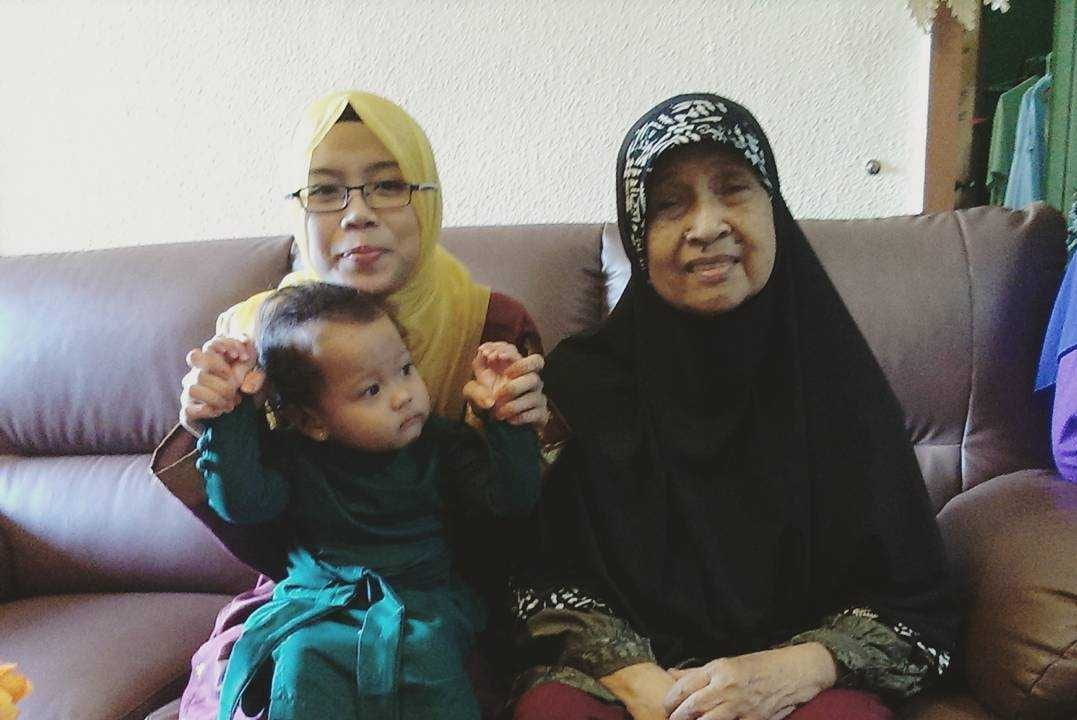My paternal nenek (grandmother in Malay) migrated to Singapore with my moyang (great-grandparents) in the early 1950s and settled into a kampong somewhere in the east of Singapore. Like many of our ancestors who migrated to Singapore over a century ago, my nenek (and many of her peers in the Pioneer Generation) do not speak English. My nenek never went to school and therefore never learnt English (a language that was introduced to Singapore by the British). And because she never learnt it in school, she couldn’t get a more atas job, so she never needed to learn English.
“But I know how to speak English,” my nenek cheekily tells us in Malay every time we converse in English in front of her. “Yes, no, alright.”
Thankfully, my cousins and I are well versed in conversational Malay which means that family gatherings are lively because my nenek loves to crack jokes—and they wouldn’t be funny if none of us could understand them. She likes to tell stories of her selling Nasi Lemak by the roadside, where my aunts would help her cook the rice and dishes, and my dad, who is the only son, would be milking coconuts at the back. When my grandmother tells us these kinds of stories, it makes us see our parents in a different light—as someone’s son or daughter instead of a parent or an elder. I like how it brings us all closer even if it’s just for a day.
In 2018, MOE launched a series of videos to promote the use of Mother Tongue languages. One of the videos tells us a heartwarming story about a primary school girl who overcame the language barrier between her and her grandfather: Click here to watch the video.
In recent years, research on the cognitive benefits of learning multiple languages has grown. Bilinguals and multilinguals may possess cognitive advantages in areas of decision making, multitasking, and higher order thinking. Beyond benefits to the brain, being able to speak more than one language can also help our day-to-day socialization!
This picture was taken in 2011 during Hari Raya. I love how family gatherings bring generations of people together. Here, I’m sitting with my maternal grandmother who’s Javanese, and my cousin’s daughter who’s currently residing in Australia. Like my nenek, my nyai (that’s grandmother in Javanese!) couldn’t speak English very well. She took care of me while I was young, so I learned some cool Javanese words as I was growing up.
Here at BLIP Lab, we investigate how Singapore’s unique and colourful language landscape interacts with the way language skills develop in young children. Currently, our Work-From-Home arrangements mean that many of us are spending more time at home with our child. We want to know if this change has any influence your child’s language development. Click here to find out more!
